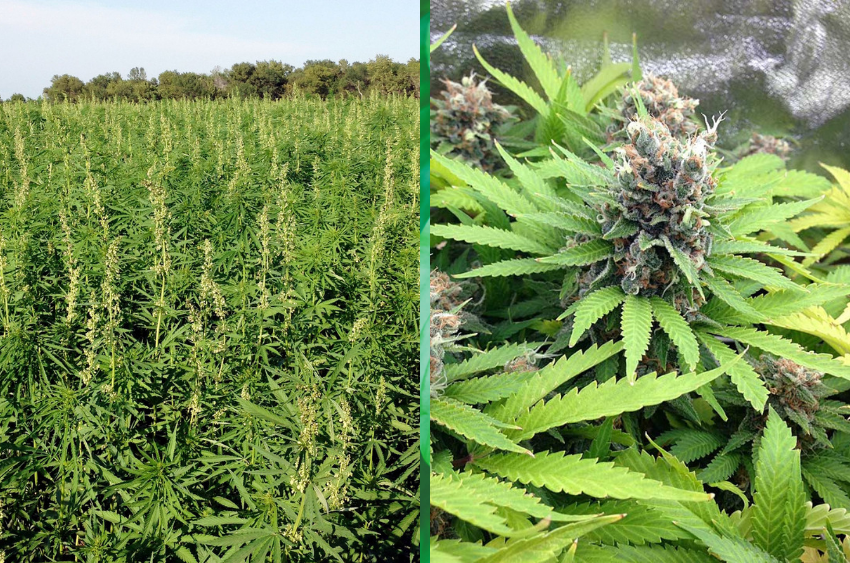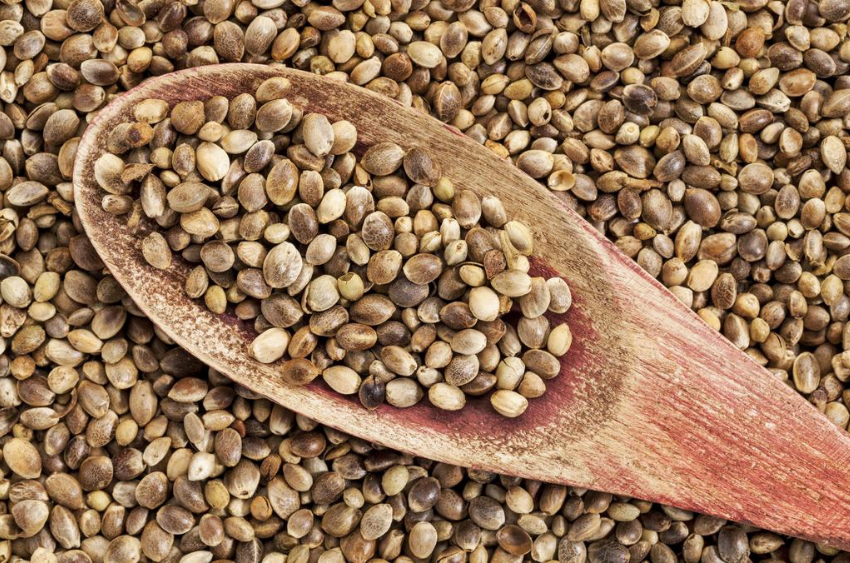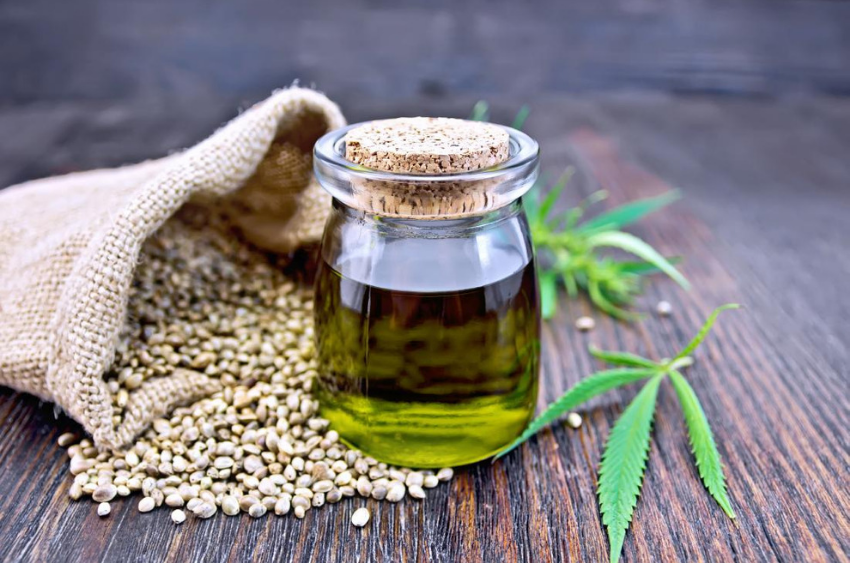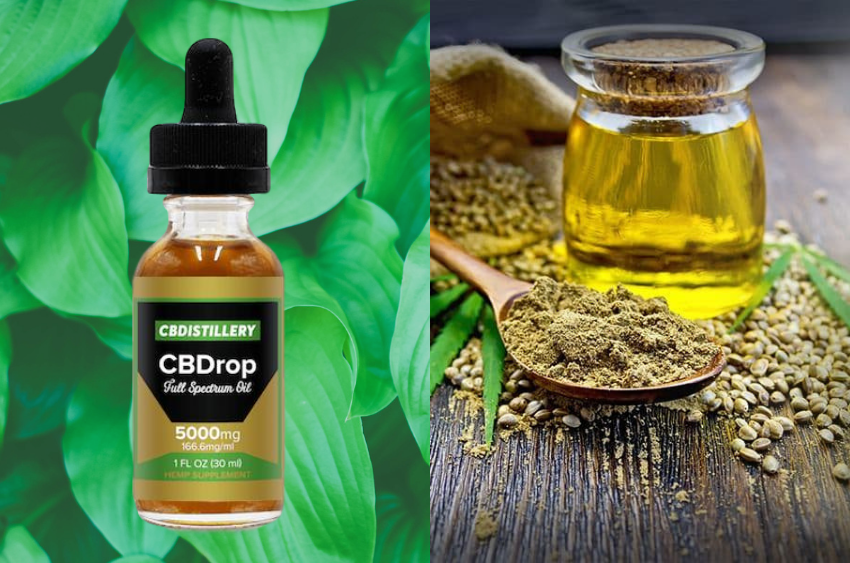What is Hemp
Hemp
Hemp is a product that continues to grow in popularity, jumping from relative obscurity to sudden pop culture notoriety. You may be wondering what exactly it is or why it is suddenly being talked about everywhere. Well, you have come to the right place and we will set you straight!
Hemp is a plant species under the Cannabis Plant Family – Hemp is Not the same as Marijuana, which is another plant species under the cannabis family of plants. Hemp has a myriad of uses. Its seeds can be made into oil, the fiber into various materials that can be used in fabrics, industrials, and certain cannabinoids found prominently in hemp can be used for a variety of medicinal purposes (more on that later).
Not only does hemp have a high amount of utility across a broad spectrum of different industries, but it is also extremely easy to grow. Hemp can be grown in fields, in close proximity to other plants, and is very hearty, requiring minimal care. Having lots of uses and being easily grown has allowed it to thrive in multiple avenues.
However, its utility is not a reason for its recent rise in popularity. In fact, you have been hearing about it so much lately because it was only recently made legal in the 2018 Farm Bill that was passed. It is the reason you have seen products with CBD, which is derived from hemp, become increasingly popular as well. As hemp and its uses continue to be explored and discovered, you are only going to hear more and more about it, so there is no better time than the present to become a hemp expert!
Is Hemp Legal?
You may have been surprised or confused to hear that hemp was legal since it is in the same family of plants as marijuana (which remains illegal at the federal level). In fact, hemp has only been legal since 2018, but it has not always been illegal. When our nation was founded, hemp was a popular industrial crop grown by many, including Thomas Jefferson!
Hemp became illegal in 1937 through the Marijuana Tax Act, which made marijuana illegal. Though very much different from marijuana in a number of ways, hemp was also swept up in the marijuana shutdown. There are several reasons for this. Some claim it was the physical similarities of hemp to marijuana that got it lumped in. Others say its threat to the textile and paper industries made it a target from powerful entities wanting to protect their own financial interests. It was not because of a similarity of the psychoactive components to marijuana, namely because hemp cannot at all get you high (this will be discussed later). Regardless of the specific reasons, hemp suffered under decades of prohibition.
So what happened? The 2018 Farm Bill happened! The bill contained special language effectively making hemp and hemp-made products legal across state lines, opening the door for nationwide hemp cultivation and the production and dissemination of hemp inspired goods. Hemp prohibition was finally over and that is why its popularity has skyrocketed seemingly overnight.
Hemp vs Marijuana
Hemp and marijuana are both variations of cannabis, but the plants are very, very different. To start, marijuana contains high concentrations of the cannabinoid Tetrahydrocannabinol (or THC), which is the active psychoactive ingredient that gives users the traditional “high.” Hemp, while containing trace amounts of THC, contains nowhere near enough to intoxicate the user (legal standards for hemp limit THC concentration to 0.3% or less). Hemp has a very high concentration of a cannabinoid known as cannabidiol (or CBD) which is used for a variety of medicinal purposes without the intoxicating effects of THC. In fact, some studies suggest that CBD, taken in high enough doses, can counteract the intoxicating effects produced by THC consumption.
The plants themselves are quite different as well. Marijuana is a relatively fragile plant, requiring ideal temperatures and light to grow and typically needs ample space away from other plants. Hemp is quite hearty, can grow in most climate conditions, and can be grown in close proximity to other plants. Marijuana also lacks the industrial applications that hemp offers, such as being used for textiles or paper.


Hemp Seeds
Hemp seeds have a myriad of great uses that are gaining traction and popularity. They are nutrient dense, containing fatty acids that help prevent inflammation, as well as containing a reasonable amount of protein, fiber, vitamin A, and more. They are frequently used in food recipes in similar ways to chia seeds, including being crushed into powder or sprinkled on top of food. They add a great crunch and are pretty tasty! Hemp seeds also completely lack any level of THC, making them even more appealing to a broad consumer market. They can also be processed into hemp oil, which carries its own number of benefits and uses.
Hemp Oil
Hemp oil offers similar nutritional benefits as hemp seeds but also offers a few more practical applications. Hemp oil is great for skin health and can be applied directly to irritated areas. It has been shown to offer at least some degree of relief from a range of skin disorders, including eczema, pyrosis, and dermatitis. Food grade hemp oil can also be consumed, offering access to the benefits of the fatty acids mentioned before, which can help brain and heart health.
If you happen to have full-spectrum hemp oil (meaning that it contains a variety of cannabinoids, including CBD), the cbd can be used as a pain reliever or a stress-reliever. Since the legalization of hemp is still relatively recent, more evidence-based research is beginning to go underway to further studying what other benefits hemp oil may offer.


Hemp Oil vs CBD Oil
CBD is derived from hemp, so what is the difference between hemp oil and CBD oil? Hemp oil is generally derived from the seeds, as this helps it avoid contamination of any cannabinoids. In doing so, this also essentially eliminates the presence of cannabinoids like CBD, THC and others – Hemp Oil from the seeds is just rich in Omegas and polyunsaturated fatty acids. CBD oil on the other hand is purified and concentrated CBD extract, which comes from the plant versus the seeds. CBD oils and concentrates generally come in two options. One is CBD isolate, which means only CBD is present and no other cannabinoid. The other is CBD full-spectrum, which includes a wide variety of different cannabinoids. Generally, if users are wanting to avoid any risk at all from THC exposure, hemp oil or CBD isolate are the usual genre of products consumed.
CBD is also the key component in hemp that fights pain and can treat anxiety and depression. Hemp oil, lacking cannabinoids, is unable to treat conditions like that nearly as effectively as CBD, though, as we have mentioned before, hemp oil containing CBD can be purchased. Hemp oil can also be used to improve healthy skin and be applied topically. CBD, lacking the fatty acids that hemp oil contains, does not offer the benefit of helping treat different skin conditions. It may be helpful to think of hemp oil as a vitamin or supplement and to view CBD as more of a kind of medicine used to treat pain and depression.
Hemp Wick and other Hemp Products
Though hemp is mostly known for being the main source for hemp oil and CBD, it can be used in a wide variety of different ways. A popular product you may not have heard of is a “hemp wick.” Essentially, hemp is woven into a wick that can be used for lighting tobacco or dry herbs. The benefits are a much cleaner flavor (you avoid the harshness of a butane lighter) all the while being more environmentally conscious. Hemp wick also has a tendency to stick to slightly stick to itself, making it easy to ball up and carry around with you.
Aside from being made into a variety of food options and wicks, hemp can also be used as a fabric in clothing like shirts, jeans, or any fabric where cotton is traditionally used. You can even find shoes made from hemp! It is very durable, breathes very well, and requires less water and less general care than traditional cotton. It is increasingly being seen as a high-quality, environmentally friendly alternative to cotton or synthetic fibers.
Hemp can also be used to make plastic, construction materials, anything requiring cloth, as well as paper and a large variety of paper products. Expect to see hemp products to continue to pop up and grow more popular now that hemp has no legal restriction against it!
Where to Buy Hemp Products
Hemp products can be bought in all kinds of places nowadays. Lotions and other body-care products made from hemp can be found in local retailers. You can even find hemp products at gas stations and local vape shops, especially CBD. Hemp clothing and other specialty products can most easily be found through online retailers, as can hemp seeds, hemp oil, and pretty much any kind of hemp product you want. You can also find a selection of high-quality products here on nyvapeshopcbd.com! The is always guaranteed and shipping is always free. If you have not tried hemp products before, now is a better time than any!